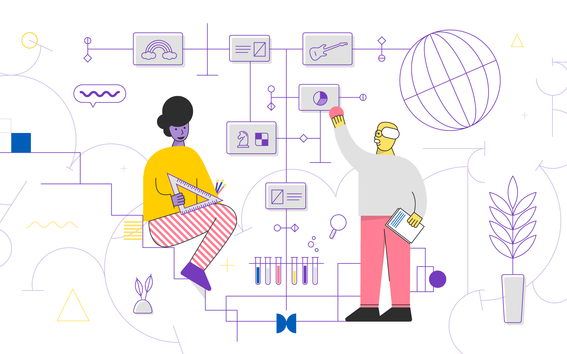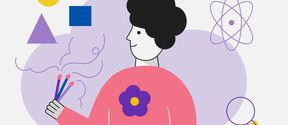How to make a difference through work?
Helping others through your work is a great way to make a difference and finding meaning in life. Therefore, identifying the right problem to work on is your most important career decision.

How do you find meaningfulness in life? Research has shown that a major thing that gives a sense of purpose is helping others. Probably the best way of finding purpose is by making a difference through your career, since that is where most of your time is spent. Helping others through your work can be harder than it first sounds. How can I make sure that my work is actually having an impact? How do I know I’m doing the most good I can? Often, the best ways of helping are more abstract than we would first assume. When considering what to do with your career, there are three key things you have to solve: how to choose the problem to work on, what solutions there are to it, and what you can personally bring to the table. How big is the problem?
How to choose a problem?
Choosing the right problem is crucial if you want to help others. We can’t help everyone, since we have only so much time in our hands. So how do you choose the problem to work on? First, you have to think about how big the problem is: how many people are affected and how much? Generally, it can make sense to think about global trends, since they have the largest scale. For example, climate change affects the whole world. It will have devastating consequences for people living today, as well as future generations. Fighting climate change then seems like a good option for people interested in making a difference. Are there other things that can affect as many people as it does?
Pandemics are another class of risks with a global scale that have become all too known for us in the last few years. The COVID-19 pandemic has been tragic for countless human lives, and there will be more pandemics in the future. Developments in biotechnology increase the risk of new, deadlier outbreaks by genetically modified pathogens.
These were just a couple examples of important problems, but there are others. It is important to not fixate on a single problem too early, since things change and we gain more knowledge about the world. A problem that was once larger can turn out to be smaller due to a change in political situation or technology. Conversely, new problems arise all the time by emerging technologies.
How can I solve it?
On top of the scale of the problem, we need to think about how it can be solved. In the end, if we knew that the problem was totally unsolvable, it wouldn’t make sense to try to solve it. An example of a comparatively solvable problem is that of malaria. Infections by malaria can be easily prevented by prescribing seasonal medicine or by distributing insecticide-treated nets. In contrast, curing cancer has proven to be insurmountably difficult, although improvements in treatment and prevention have been made. This doesn’t necessarily mean that we should give up on it, but it does suggest that there may be other problems where we can make greater progress.
However, some problems have innovative solutions to them, which can make them more solvable than previously thought. For example, VTT Technical Research Center of Finland has invented a method for producing animal-free egg white, helping our society move towards animal-free agriculture.
What is my role in all of this?
So, you have a problem that is huge and solvable, what now? Well, you have to think about your comparative advantage. First, do you have the needed skills to work on the problem? If not, what are the skills you should learn? If you’re not sure, it might make sense to build easily transferable skills that you can apply in many different fields.
Second, how neglected is the problem? If there are already lots of people working on a solution, it might be better for you to work on something else.
And finally: would you find the work exciting? Can you picture yourself working on the problem for years? If you’re not motivated about your work, it is very unlikely that you’d be able to become truly great at your work. It will only make you miserable in the long run, which won’t be good for anyone – not you nor the world. But it’s important to choose the right problem.
Designing your career takes time. These suggestions are not nearly enough for that, but they are a start. We spend one third of our life working, so let’s make it worth it.
Contact Aalto Effective Altruism if you want to learn more.

Blog writer
Santeri Koivula is a Bachelor's student in Aalto University, studying Mathematics and Systems Sciences. He is also a co-founder of Aalto Effective Altruism, a student association focused on maximizing the good you can do with your career, projects and other life decisions. Currently Santeri is especially interested in developments in AI and its effects on society.
Show other posts from this blog

Strengths as a pathway to meaning & wellbeing
Skills and competencies are a key component of your CV but a sustainable career needs to be strengths-based.
Wantrepreneurs and other dreamers
We often have trouble realizing our career desires but paradoxically, the pressure to be self-directed can make our efforts even harder.
When identity becomes work
Identity is your compass on the evolving career path, but it needs regular work and the right tools.